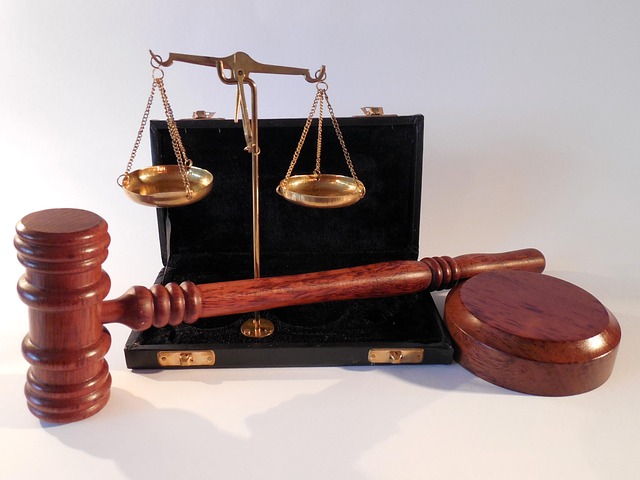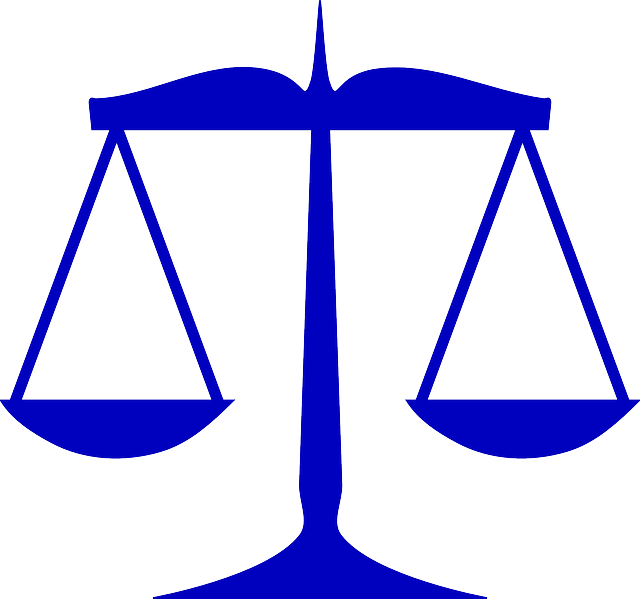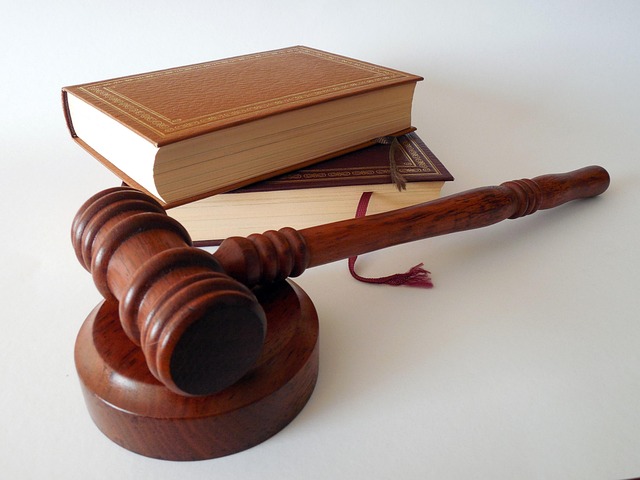C-Level investigations meticulously probe executive misconduct, balancing corporate accountability with protecting defendant rights during complex trials. This involves data collection, witness interviews, and policy reviews to ensure justice while upholding legal principles like the presumption of innocence. Defense attorneys play a vital role in navigating these high-stakes cases, challenging evidence, and securing fair outcomes through strategic representation. Balancing justice and defendant rights is crucial, requiring transparent, ethical strategies involving experienced professionals to navigate regulatory complexities and uphold procedural fairness. Case studies highlight successful defenses leading to charge dismissals, demonstrating the importance of thorough investigations and robust legal representation in protecting individual rights and promoting societal justice.
In today’s complex corporate landscape, C-level investigations are a critical aspect of legal proceedings. This comprehensive overview delves into the intricacies of these high-stakes inquiries, focusing on protecting defendant rights during trial. From understanding the unique challenges to implementing effective investigation management strategies, this article offers valuable insights. We explore real-world case studies demonstrating successful protection of defendant rights, providing essential guidance for navigating these intricate legal battles.
- Understanding C-Level Investigations: A Comprehensive Overview
- The Role of Defendant Rights in Legal Proceedings
- Uncovering Challenges: Protecting Rights During Trial
- Strategies for Effective C-Level Investigation Management
- Case Studies: Successful Protection of Defendant Rights
Understanding C-Level Investigations: A Comprehensive Overview

C-Level investigations refer to high-stakes inquiries involving top-level executives and decision-makers within organizations. These thorough examinations are crucial for ensuring corporate integrity and accountability, especially in cases where legal repercussions may arise. When a company faces allegations of wrongdoing, whether it’s fraud, misconduct, or breach of ethical standards, a C-Level investigation is launched to uncover the truth. This process involves meticulous data collection, witness interviews, document analysis, and a comprehensive review of internal policies and procedures.
The primary goal is not only to determine the extent of any illegal activities but also to protect the rights of all involved parties, particularly the defendant. Achieving extraordinary results in such cases requires a balanced approach where justice serves as a beacon. For his clients, this means securing their legal standing while navigating complex jury trials. By upholding the principles of fairness and due process, these investigations ensure that individuals are held accountable without compromising the rights enshrined in the law.
The Role of Defendant Rights in Legal Proceedings

In legal proceedings, especially in high-stakes cases involving white collar and economic crimes, protecting defendant rights during trial is paramount. Defendants have a right to due process, which includes the presumption of innocence and the right to be heard. These rights ensure that individuals facing charges receive a fair and impartial trial. In such intricate matters, it’s crucial for defendants to have robust legal representation to navigate the complex legal landscape and advocate for their entitlements.
The role of defense attorneys is pivotal in safeguarding these rights. They are tasked with presenting a compelling case, challenging evidence, and ensuring that their clients’ interests are not compromised. The ultimate goal is to secure a just outcome, whether through a complete dismissal of all charges or reaching a favorable settlement. This balance between holding individuals accountable for their actions and upholding the integrity of the legal process is essential in navigating the intricacies of high-stakes trials.
Uncovering Challenges: Protecting Rights During Trial

In the intricate landscape of legal investigations, one of the paramount challenges lies in balancing the pursuit of justice with safeguarding the rights of defendants during trial proceedings. As C-Level Investigations are launched, it becomes imperative to navigate a complex web of factors that could impact the outcome for all parties involved. The onus is on investigators and legal professionals alike to uphold the integrity of the process, ensuring that every defendant enjoys their fundamental right to a fair and impartial hearing.
This delicate balance requires an unprecedented track record of meticulous handling, especially in high-stakes jury trials. By employing strategies that prioritize transparency, evidence preservation, and ethical conduct, legal teams can protect their clients’ interests effectively. The goal is to foster an environment where the truth emerges, while also safeguarding against any potential breaches that could compromise the defendant’s rights, ultimately ensuring a just verdict for all.
Strategies for Effective C-Level Investigation Management

Managing C-level investigations requires a strategic approach to ensure fairness and protect defendant rights throughout all stages of the investigative and enforcement process. An effective strategy includes meticulous planning, gathering comprehensive evidence, and adhering to legal protocols. By employing experienced professionals who understand the nuances of these cases, organizations can navigate complex regulatory environments with confidence. This unprecedented track record across the country testifies to the success of such strategies in upholding integrity while safeguarding individual rights.
Key considerations involve maintaining transparency, fostering open communication, and ensuring procedural fairness. Balancing the need for thorough investigation with respect for due process is paramount. Leveraging advanced investigative techniques and technology enhances accuracy and efficiency without compromising legal integrity. This holistic approach guarantees that C-level investigations are conducted with impartiality, promoting a culture of accountability and compliance across organizations nationwide.
Case Studies: Successful Protection of Defendant Rights

In the realm of legal proceedings, case studies serve as powerful tools to demonstrate the successful protection of defendant rights during trials. These real-world examples showcase how meticulous investigations and robust defenses can lead to favorable outcomes, including complete dismissals of all charges. By examining these cases, we gain insights into strategic approaches that safeguard individuals from wrongful accusations and ensure fairness in the justice system.
Philanthropic and political communities often find themselves at the center of high-profile cases involving complex white-collar and economic crimes. Through diligent legal representation and a deep understanding of procedural nuances, defendants can navigate these challenging scenarios successfully. The ultimate goal is not merely to defend but to protect the integrity of the individual while upholding the principles of justice, ultimately leading to resolutions that benefit both the defendant and society at large.
C-Level investigations demand a delicate balance between legal scrutiny and protecting defendant rights. As evidenced by our case studies, successful management requires comprehensive understanding of both legal proceedings and defendant protections. By implementing effective strategies, organizations can ensure fair and just outcomes while navigating complex challenges. Remember that, in safeguarding defendant rights during trial, we not only uphold the integrity of the justice system but also maintain public trust and confidence.






